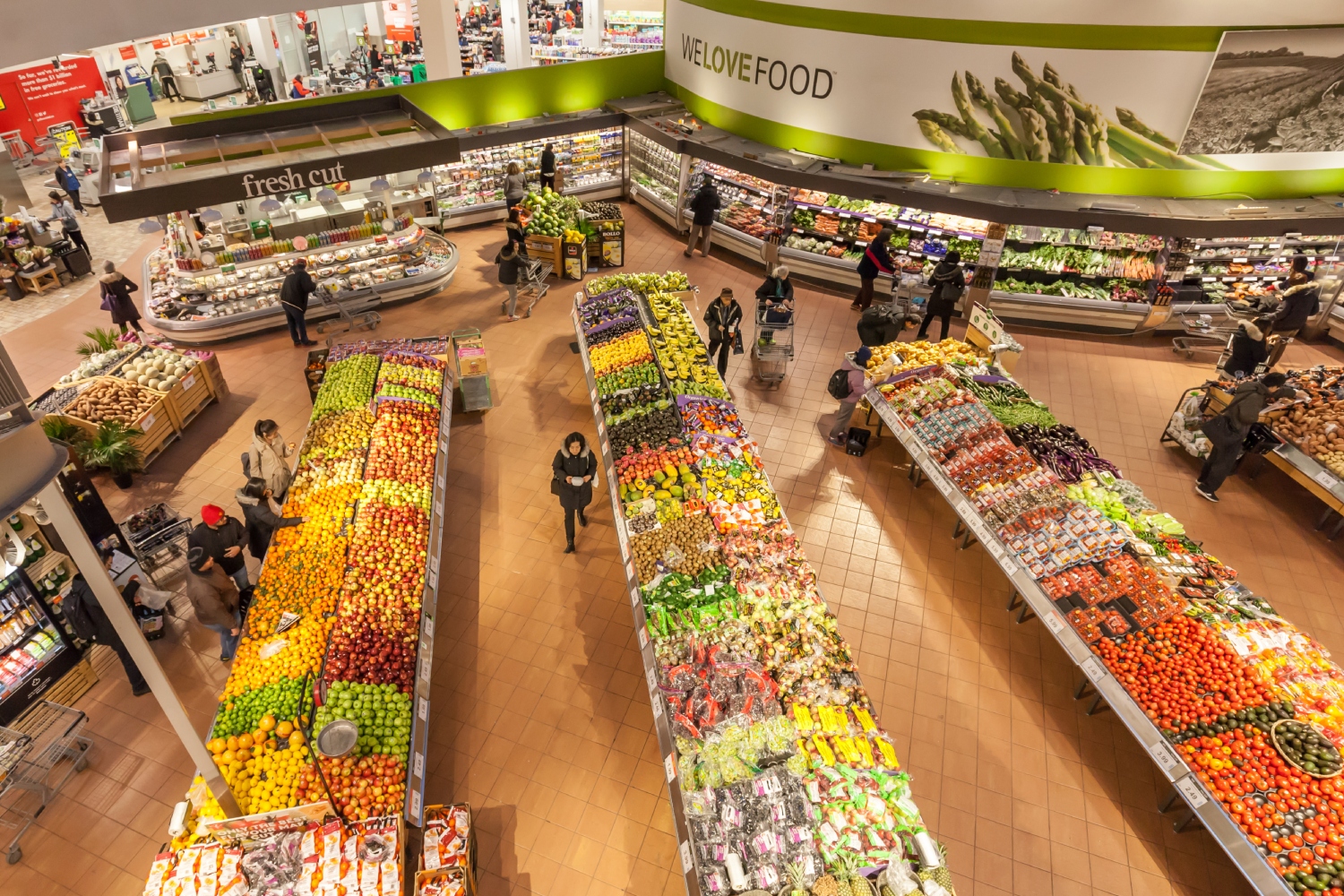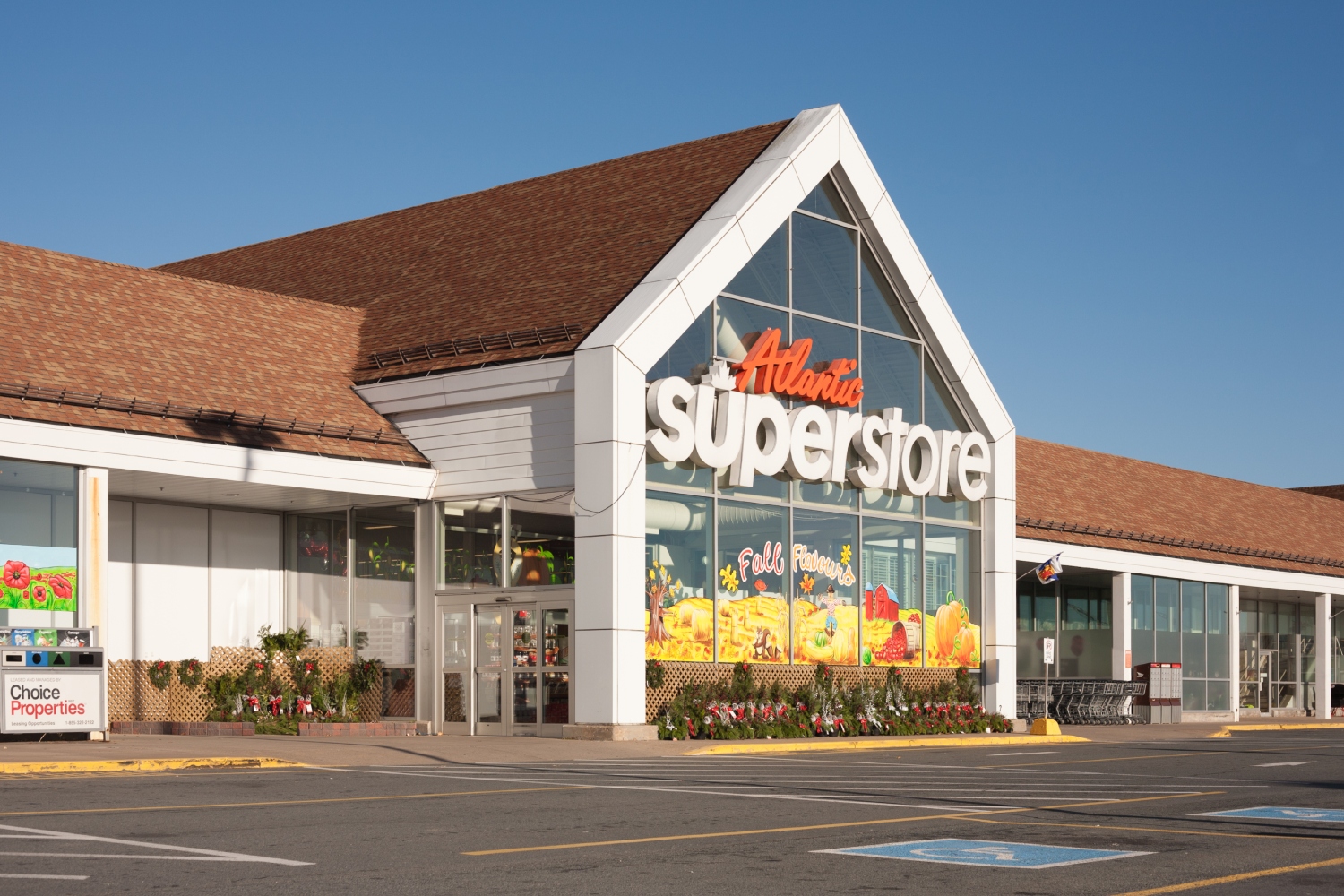Eating isn’t cheap these days, so it’s probably no surprise to you that food prices in Canada are set to climb even higher in 2023. How much higher, you ask? Well, let’s just say that your wallet is in for a shock.
Canada’s Food Price Report 2023 has been released and it says that food prices are set to rise between 5% and 7% throughout the year.
The biggest price hikes are expected for dairy, bakery, and meat. The biggest of all is vegetables, with anticipated price increases of up to 8%.
According to the report, a family of four will spend a whopping $1,065.60 more on food in 2023 compared to 2022, totalling to roughly $16,288.41.
Recent Posts
Canada will now allow more applicants to work abroad & here’s how to apply
Canadians can now apply for a new dental benefit & here’s who qualifies

In this example, a family of four includes a man (age 31-50), a woman (age 31-50), a boy (age 14-18), and a girl (age 9-13).
Above-average price hikes are expected in Alberta, BC, Manitoba, New Brunswick, Nova Scotia, and Saskatchewan.
Average price increases are expected in Ontario, and below-average in Newfoundland and Labrador, and Quebec.
Each year, a team of researchers from Dalhousie University, the University of Guelph, the University of Saskatchewan, and the University of British Columbia team up to produce this report to help Canadians plan for the year ahead.
New factors were taken into account for the 2023 report, including “additional variables of forecasted inflation and Canadian-US exchange rate,” said Dr. Kelleen Wiseman of UBC in the report.
Last year’s forecast predicted an increase of 7% in 2022, which “was considered by many to be alarmist,” according to the report. However, the food inflation rate ended up soaring over 10%.

This year, Canadians will continue to see rising prices on their grocery and restaurant bills, thanks to factors like climate change, supply chain issues, the ongoing Ukraine conflict, and “greedflation.”
According to the report, “greedflation refers to the practice of taking advantage of high inflationary times to earn excessive profits at the expense of consumers who have limited choice in grocery shopping.”
However, there is still a bit of good news. Food price increases in 2023 are set to be lower than in 2022.
“We haven’t seen food prices increase this high in Canada for over 40 years and based on our findings, the increases we have predicted are still quite high but not as high as the increases for 2022,” said Dr. Simon Somogyi of the University of Guelph.
“That may be cold comfort for Canadians, as food prices are already high, but if inflation can come down, it’s possible that we could see price increases for 2023 at or below 5%.”

